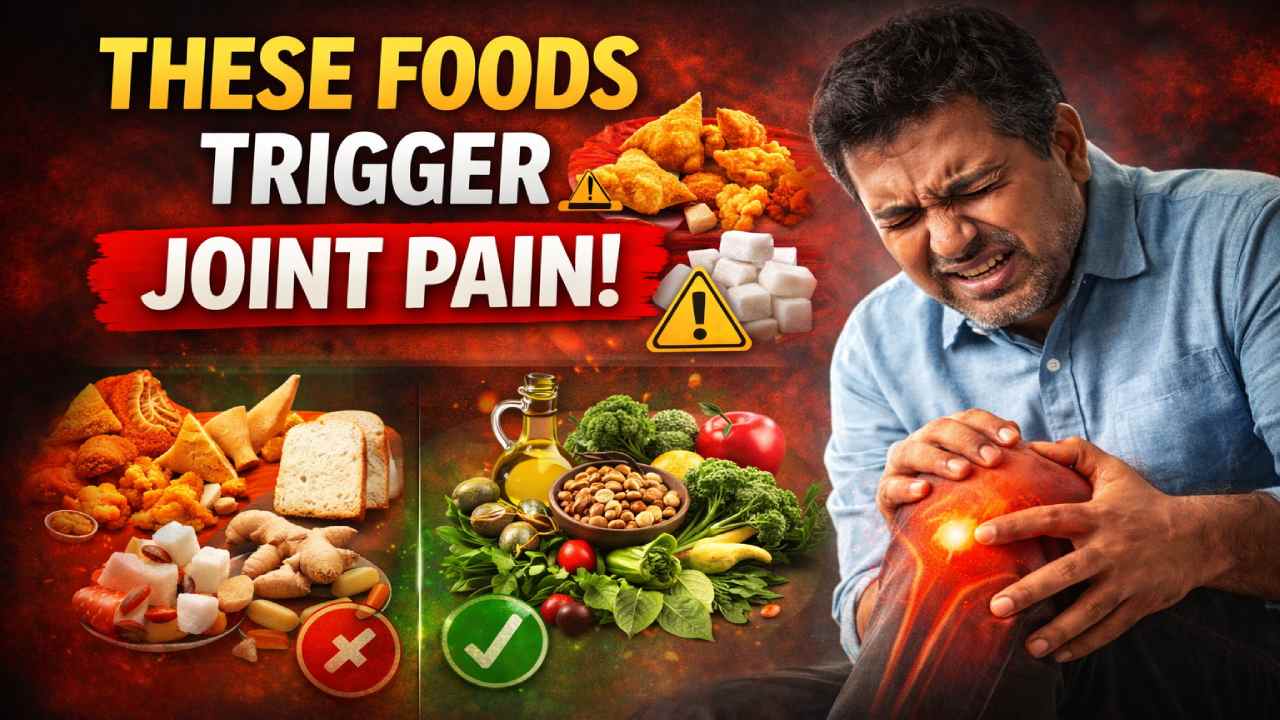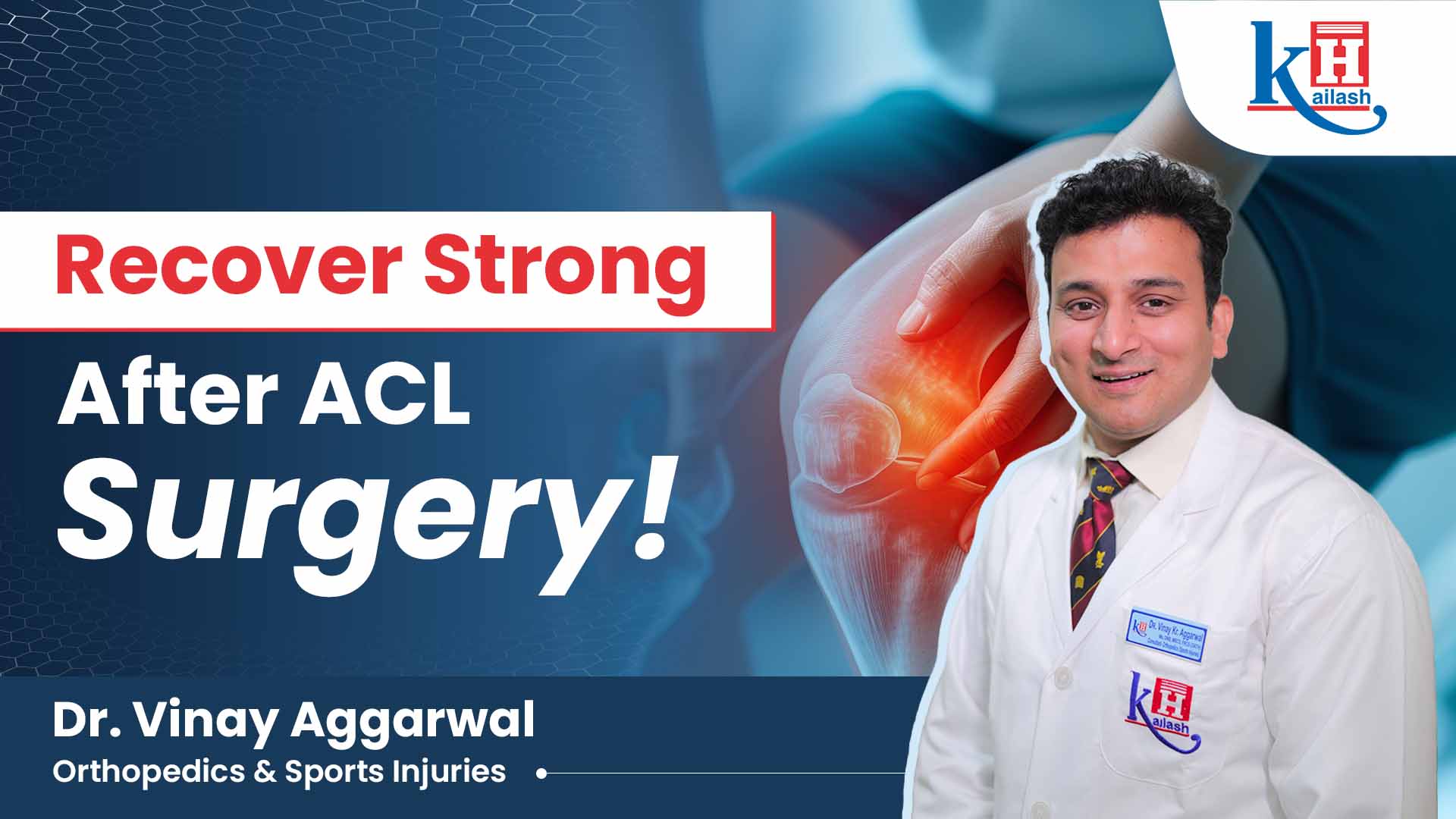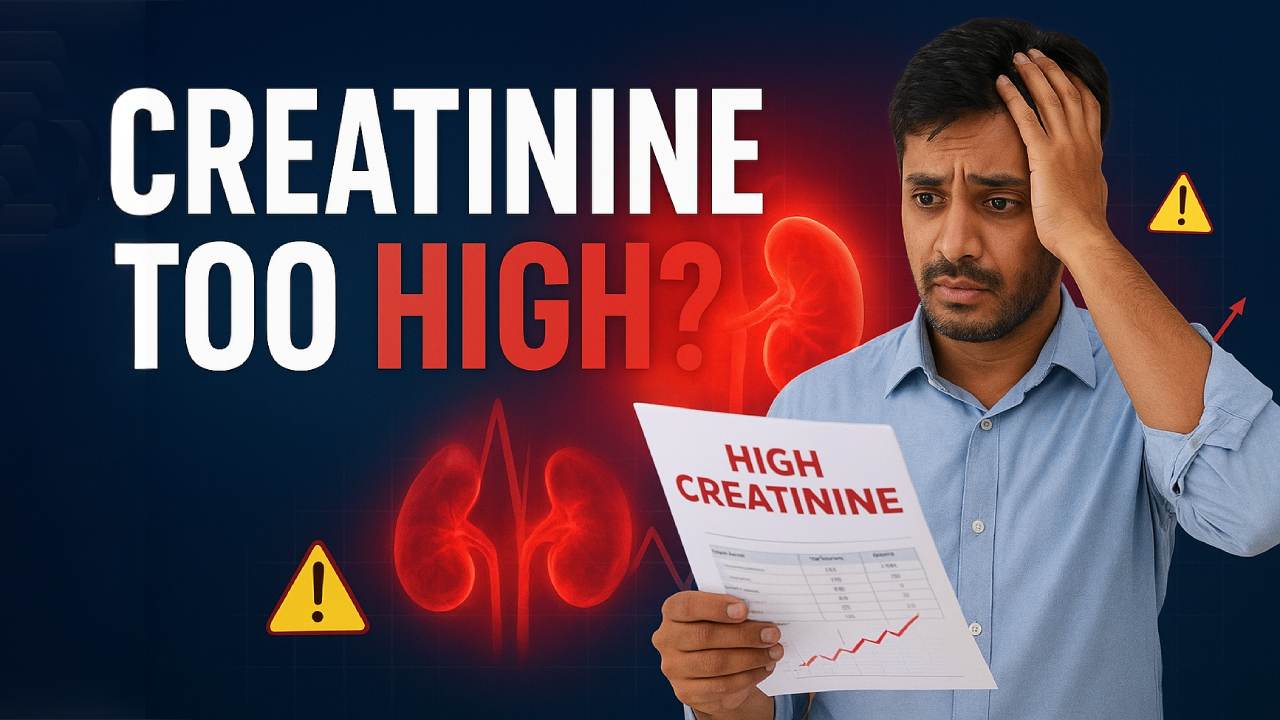Understanding the Essentials of Taking Medicine: Q&A with Dr. Gopal Jee Sharma
Verified By Dr. Gopal Jee Sharma | 03-Feb-2025
Taking medicine properly is critical to achieving the desired outcomes from treatment while minimizing side effects. Patients often have questions about timing, dosages, and potential interactions, and seeking clarity is essential for effective care. In this Q&A session, Dr. Gopal Jee Sharma, Sr. Consultant Physician at Kailash Hospital, Dehradun, answers frequently asked questions about taking medicine safely and correctly.
Table of Content
1. How should I take medicine correctly?
Dr. Sharma: "Always follow your doctor’s instructions and read the medication label carefully. Use the correct measuring tools for liquid medicines and swallow tablets with plenty of water unless specified otherwise."
2. How should I take medicine correctly with water?
Dr. Sharma: "Water aids in swallowing and helps dissolve medications for proper absorption. Avoid hot beverages, milk, or juice unless explicitly mentioned by your doctor, as these can interact with some medicines."
3. How do I take medicine safely?
Dr. Sharma: "Medicine safety starts with knowing what you're taking, why you're taking it, and any restrictions. Keep track of doses, avoid self-medicating, and be mindful of storage instructions, such as refrigerating certain medications if required."
4. What should be the time gap between two different medicines?
Dr. Sharma: "The ideal gap depends on the medications. For most medicines, a 2-hour gap works, but for specific interactions, like antacids and antibiotics, this can vary. Always consult your doctor or pharmacist."
5. Should I avoid any activities or foods when taking this medicine?
Dr. Sharma: "Certain foods and activities can interact with medication. Grapefruit juice, alcohol, or dairy products can interfere with the effectiveness of some medicines. Check with your doctor if you need to adjust your diet or avoid strenuous activities."
6. How long does it take for this medication to take effect?
Dr. Sharma: "This depends on the medication and condition being treated. Some medicines, like painkillers, act quickly, while others, such as antidepressants, may take weeks. Follow up with your doctor if you don’t notice improvements as expected."
7. What should I do if I miss a dose?
Dr. Sharma: "Take the missed dose as soon as you remember, unless your next scheduled dose is approaching. Never double up on a dose to compensate, as this increases the risk of side effects."
8. What is the recommended dosage, frequency, and duration of treatment?
Dr. Sharma: "Your doctor customizes your treatment plan based on your health needs. Always stick to the prescribed schedule and duration. Do not stop or adjust your dose without consulting your physician."
9. Can I take all my medications together?
Dr. Sharma: "Not all medicines can be taken together. For example, iron supplements and certain antibiotics can interact. It's vital to discuss your complete list of medications with your doctor or pharmacist to avoid complications."
10. Should I take medicine before or after meals?
Dr. Sharma: "This varies depending on the medicine. Some drugs require food to prevent stomach upset, while others work better on an empty stomach. Check the label or consult your doctor for specific instructions."
11. Can less sleep or irregular schedules affect how my body processes medicine?
Dr. Sharma: "Yes. Sleep deprivation and irregular routines can impact drug metabolism and effectiveness. It's essential to maintain consistency in your medication schedule regardless of your sleeping habits."
12. How should I store my medications?
Dr. Sharma: "Proper storage is critical. Most medicines should be stored in a cool, dry area, away from direct sunlight. Some, like insulin or certain antibiotics, need refrigeration. Always check the packaging for specific instructions."
13. What side effects should I watch for, and what should I do if I experience them?
Dr. Sharma: "Common side effects like nausea or dizziness are usually manageable. However, severe reactions, such as difficulty breathing or rashes, require immediate medical attention. Report any unexpected symptoms to your doctor right away."
14. Can I crush or split my pills if I have difficulty swallowing them?
Dr. Sharma: "Not all pills are designed to be crushed or split. Extended-release or coated tablets can lose their effectiveness or become harmful if altered. Ask your doctor for alternatives, such as liquid forms, if swallowing is an issue."
15. What should I do if I suspect an overdose?
Dr. Sharma: "If you think someone has taken too much, get medical help right away. Symptoms like confusion, rapid heartbeat, or severe drowsiness are red flags. It's better to act quickly than to wait for the symptoms to worsen."
Also read: Knee Replacement Surgery: Expert Answers to Common Questions
Dr. Sharma emphasizes, "Ensuring medication safety is a crucial aspect of maintaining your overall health. Always ask questions if you're uncertain and follow professional advice for the best results." The team at Kailash Hospital, Dehradun, is committed to ensuring patients are well-informed and supported.
Understanding how to take medicine safely can significantly impact your recovery and overall well-being. With insights from Dr. Gopal Jee Sharma, this article aims to empower you to make informed decisions about your treatment. For personalized care, consult a trusted physician in Dehradun or visit Kailash Hospital, Dehradun for expert guidance.
Stay proactive in managing your health, and always prioritize safety when it comes to medication.
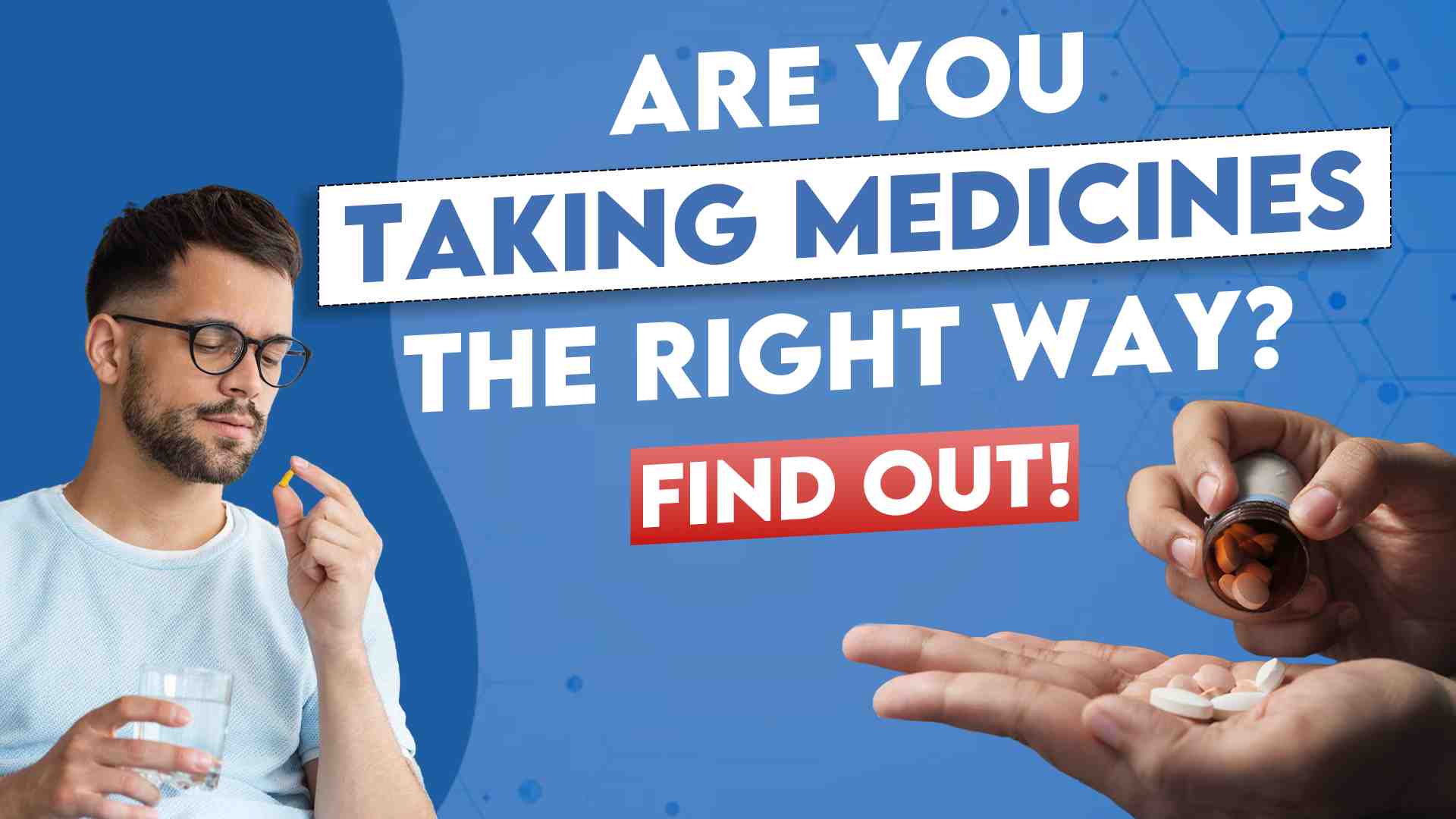
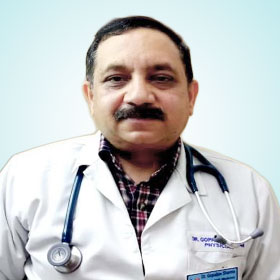

 +91-9711918451
+91-9711918451
 international.marketing@kailashhealthcare.com
international.marketing@kailashhealthcare.com

